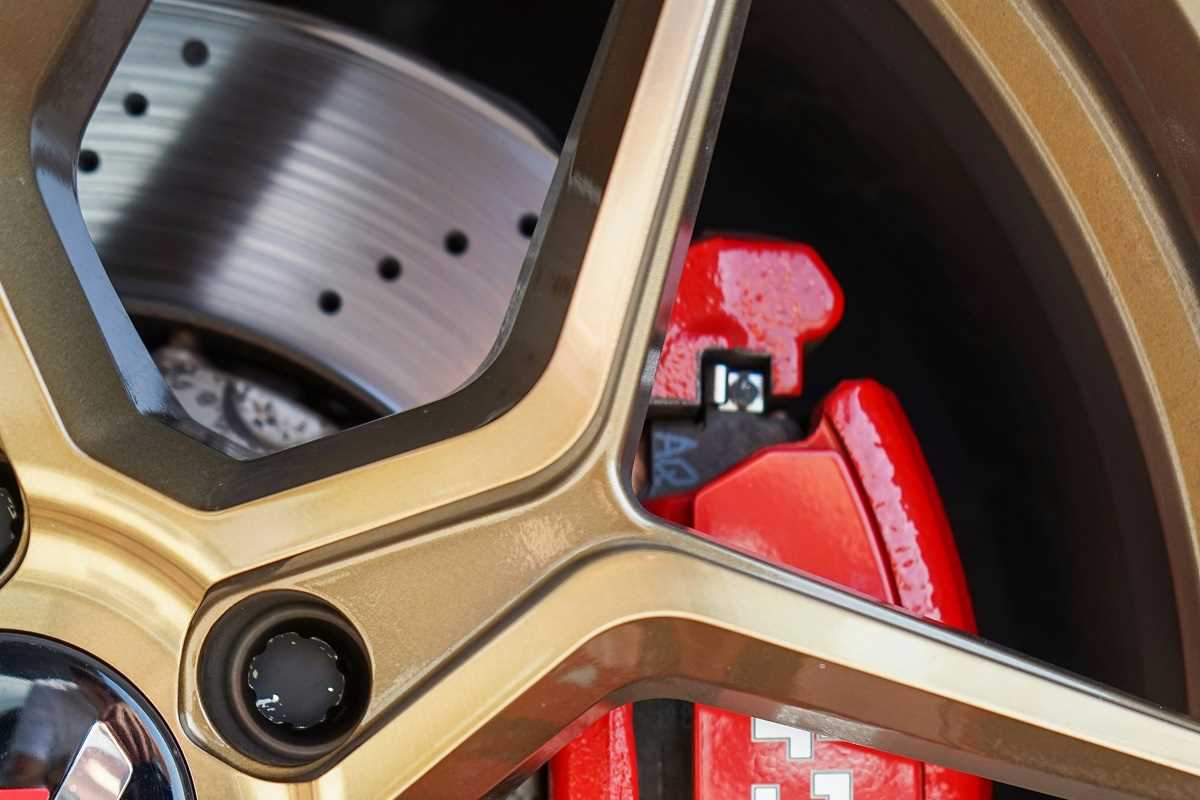In the high-octane world of Formula 1, success on the track is a symphony of speed, strategy, and precision engineering. Behind every split-second decision and every millisecond gained lies the expertise of a Formula 1 race engineer. These professionals play a pivotal role in orchestrating the performance of the car and the driver, ensuring that every element functions seamlessly under the intense pressures of racing. Exploring the career of a race engineer unveils a blend of advanced technical knowledge, strategic thinking, and unwavering dedication, all essential for maneuvering through the competitive landscape of Formula 1.
Educational and Skill Requirements
Becoming a Formula 1 race engineer demands a robust educational background and diverse skill set. Prospective race engineers typically pursue degrees in mechanical engineering, automotive engineering, or related fields. Advanced studies, such as a master's degree, can further enhance their qualifications and opportunities within the sport.
- Educational Qualifications:Bachelor’s degree in Mechanical Engineering, Automotive Engineering, or a related discipline.
- Master’s degree or higher preferred for advanced positions.
- Specialized courses in aerodynamics, materials science, and data analysis.
- Essential Skills:Proficient in data analysis and interpretation to optimize car performance.
- Strong problem-solving abilities to address on-the-spot challenges.
- Excellent communication skills for effective collaboration with drivers and team members.
- In-depth knowledge of vehicle dynamics and engineering principles.
- Ability to work under high-pressure environments during race events.
Day-to-Day Responsibilities
A Formula 1 race engineer's daily life is dynamic and demanding, requiring a balance of technical expertise and strategic foresight. During the racing season, race engineers are deeply involved in the preparation and execution of race weekends, ensuring that every aspect of the car and team operates at peak efficiency.
- Pre-Race Preparations:Analyzing data from practice sessions to fine-tune car settings.
- Collaborating with designers and mechanics to implement necessary modifications.
- Developing race strategies in consultation with the driver and team manager.
- Race Day Operations:Monitoring real-time telemetry to assess car performance and driver feedback.
- Communicating with the driver through radio to provide updates and strategic advice.
- Making critical decisions regarding pit stops, tire changes, and fuel management.
- Post-Race Activities:Conducting debriefs to evaluate race performance and identify areas for improvement.
- Updating technical reports and performance logs for future reference.
- Coordinating with the broader engineering team to implement lessons learned.
Career Progression and Growth
The field of Formula 1 engineering offers a clear and structured pathway for career advancement, driven by continuous learning and exceptional performance. Starting from entry-level positions, professionals can ascend to more influential roles within the team and the broader motorsport industry.
Initial roles often involve supporting senior engineers, managing specific technical aspects, or specializing in areas such as aerodynamics or data analysis. With experience and demonstrated expertise, race engineers can advance to lead positions, overseeing entire departments or taking on broader strategic responsibilities. Opportunities exist to transition into other motorsport categories, automotive industries, or even into managerial and executive roles within racing organizations.
Technological Innovations and Tools
Formula 1 is synonymous with cutting-edge technology, and race engineers leverage a plethora of advanced tools and innovations to optimize performance. The constant evolution of engineering technology in the sport demands that race engineers stay abreast of the latest developments to maintain a competitive edge.
Key technologies include sophisticated telemetry systems that provide real-time data on various car parameters, enabling instant analysis and decision-making. Simulation software plays a crucial role in modeling different race scenarios and testing potential strategies without the need for on-track experimentation. Advancements in materials science contribute to the design of lighter and stronger components, directly impacting the car's speed and handling. Race engineers also utilize data analytics platforms to parse vast amounts of information, identifying trends and areas for improvement with precision.
Advice for Aspiring Race Engineers
- Obtain a Strong Educational Foundation: Pursue degrees in relevant engineering fields and seek opportunities for specialized training in motorsport engineering.
- Gain Practical Experience: Participate in internships or work with motorsport teams to gain hands-on experience and industry insights.
- Develop Technical Proficiency: Master tools such as CAD software, data analysis programs, and simulation platforms essential for race engineering.
- Enhance Communication Skills: Effective communication is vital for collaborating with drivers, team members, and other stakeholders.
- Stay Updated on Industry Trends: Continuously educate yourself on the latest technological advancements and strategies within Formula 1.
- Network within the Motorsport Community: Building relationships with professionals in the field can open doors to career opportunities.
- Demonstrate Resilience and Adaptability: The fast-paced nature of Formula 1 requires the ability to handle pressure and adapt to rapidly changing circumstances.
A Formula 1 race engineer is integral to the triumph of a racing team, blending technical acumen with strategic insight to drive performance on the most demanding stages. Their expertise not only shapes the car's capabilities but also influences the team's overall success, making it a highly respected and sought-after career within the motorsport industry.
For those passionate about engineering and motorsport, the role of a Formula 1 Race Engineer offers a thrilling and rewarding career path, where innovation and dedication accelerate the journey toward excellence.
 (Image via
(Image via





